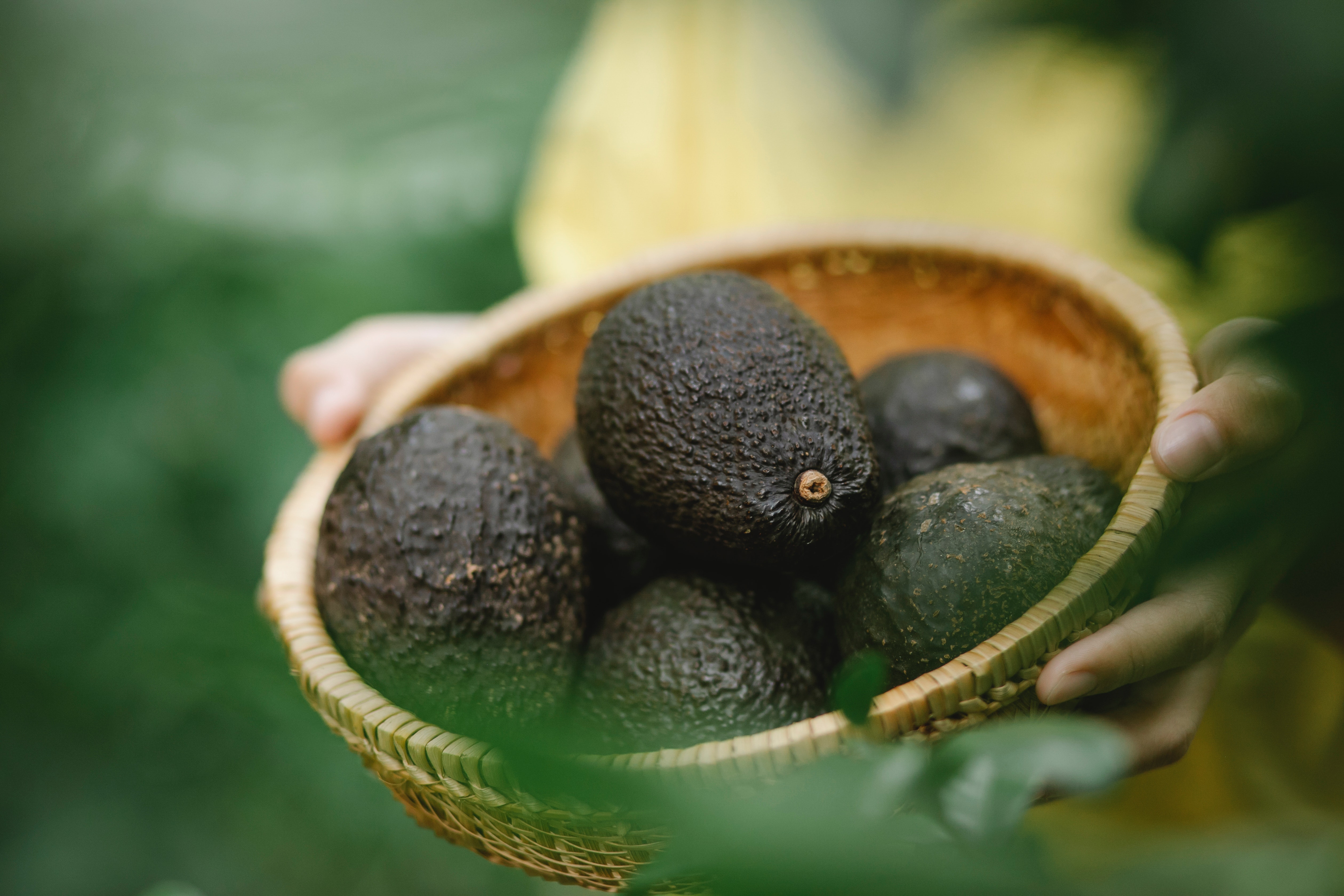

For years we have seen Avocados rapidly take over food forums, reaching the hipster coffee drinker to the yummy mummy: avocados are everywhere. However, this eco-conscious, vegan super-food can be just as damaging to our environment as the dairy and meat market, using 320 litres of water per avocado.
Graduate Arina Shokouhi from Central St Martins College has developed a new alternative. Much like trying to create a new type of dairy or meat alternative, producing a new avocado, convincing enough to wean people off of the real thing, was a huge task.
The article on Deezeen describes the Evocado to be “a pale green, creamy foodstuff made from a combination of ingredients local to its country and packaged in a fake avocado skin fashioned from wax.”

To develop the Evocado Shokouhi had to get in touch with food scientist Jack Wallman from the University of Nottingham. He helped her to understand the molecular structure of an avocado. From that starting point, she could work out what she could use to replicate the taste and mouthfeel.
Part of Shokouhi’s goal was to create something ethical and sustainable to reduce imports and air miles. It was important for her to identify the foods that are grown en mass in the UK. Items such as olive oil, which would have had the perfect compound makeup, could only be sourced from outside of the UK which meant she needed to experiment with slightly different food sources. The final foods included “broad beans, hazelnut, apple and rapeseed oil.”

In the article Shokouhi describes the flavour profile of avocados to be: ” quite subtle and, overall, is most often described as ‘creamy’,” She then went on to say: “On the other hand, broad beans can contain quite a lot of bitter compounds called tannins and can have a beany flavour caused by lipoxygenase.”
“To reduce the bitterness, we reduced the number of broad beans in the recipe, the flavour of avocado has been described as ‘nutty’. So we used creamed hazelnuts which would bring a good amount of fat, adding to the creaminess.”
Shaokouhi developed a wax shell that replicates the skin of an avocado which is biodegradable and compostable. To further replicate an avocado, Shaokouhi decided to find a replacement stone for the centre of the Evocado. She experimented with wood, paper and even a ball of wildflower seeds. But she felt a nut in the centre was the most efficient alternative.

Eco-conscious and sustainable behaviour has become a widespread way of living. The development of alternatives is an investment into sustainability, but there must be a demand and awareness for these products to take off. Who will be the target market for these eco alternatives? Will the vegans who already changed their diet to promote a sustainable society decide to back these alternatives, or are they already sacrificing enough? Shaokouhi’s work is just the tip of the iceberg for sustainable alternatives. It will be interesting to see how the Evocado fairs in mainstream shopping habits.

“A pale green, creamy foodstuff made from a combination of ingredients local to its country and packaged in a fake avocado skin fashioned from wax.”